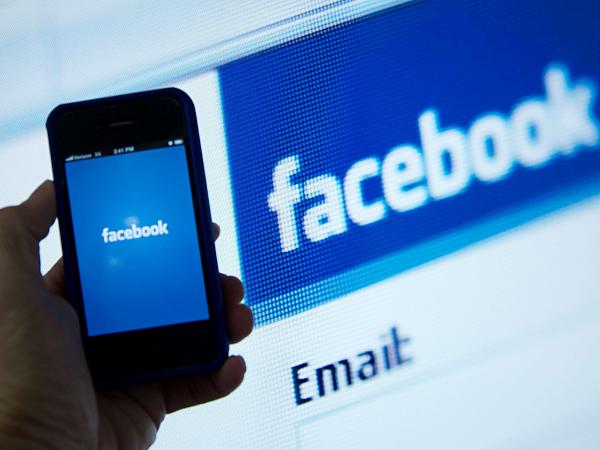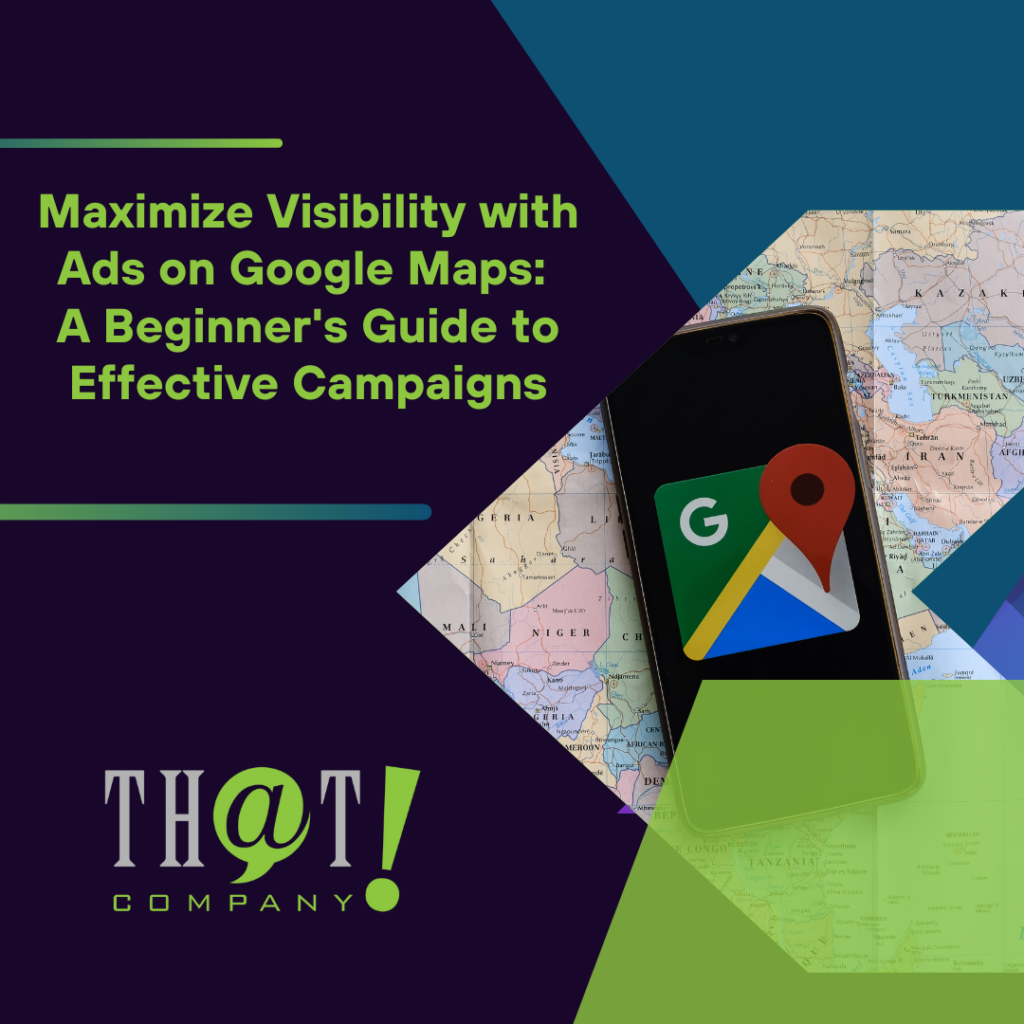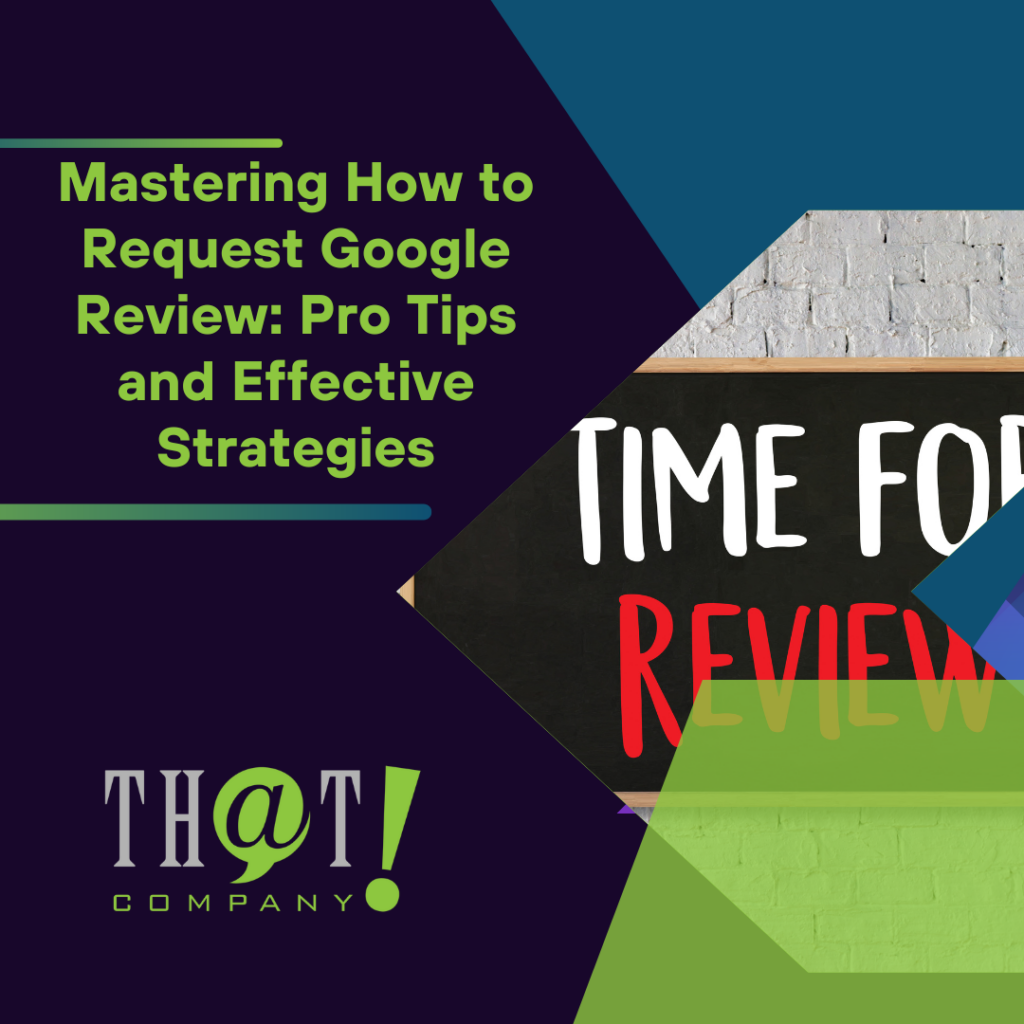What do CNN.com, Google.com, Whitehouse.gov, and Facebook.com all have in common? They all belong to an elite club of 12 websites that have a Google PageRank 10.
Facebook is the most recent addition to this club. The popular social networking website obtained PageRank 10 status after Google updated its Backlink and PageRank statistics on April 3. The last time Google updated its website ranking statistics was on Dec. 9.

Many of you may be familiar with PageRank. If you are not familiar with this ranking system, PageRank is an analytical algorithm named after Google co-founder Larry Page. The algorithm analyzes all incoming links within a site and assigns a numerical weight on a scale of 0-10.
For example, Facebook has approximately 776,492 incoming links, compared to Google’s 727,036 links, according to Alexa.com, a web traffic rating website. Not every incoming link, however, is treated the same. A website can have all the incoming links in the world, but if those incoming links don’t have PageRank themselves they don’t help the website to which they link.
That! Company is the leader in White Label Social Media Management Services. We deliver successful social media campaigns and high impact results for agencies and their clients world-wide. Can we help you? Learn More about our White Label SMM and how we can start working for your clients today!
 Facebook has experienced tremendous growth in its membership since 2004. Today, Facebook boasts more than 350 million members worldwide, more than any other social networking website. Facebook was ranked the most used social network by worldwide monthly active users, according to a study conducted by Compete.com in 2009. Even with those impressive numbers, Facebook has a long way to go before it exceeds the traffic Google receives. However, you can expect Google to continue to be Traffic King for a long time to come.
Facebook has experienced tremendous growth in its membership since 2004. Today, Facebook boasts more than 350 million members worldwide, more than any other social networking website. Facebook was ranked the most used social network by worldwide monthly active users, according to a study conducted by Compete.com in 2009. Even with those impressive numbers, Facebook has a long way to go before it exceeds the traffic Google receives. However, you can expect Google to continue to be Traffic King for a long time to come.
Social networking competitors, LinkedIn, Twitter, and Myspace have impressive page rank 9s, but it has been made very clear that Facebook is the king of the social networks. The question is how long before someone comes and knocks them off their pedestal? How long before someone creates something bigger and better? Facebook is very user-friendly, which is what has kept them on top.


























